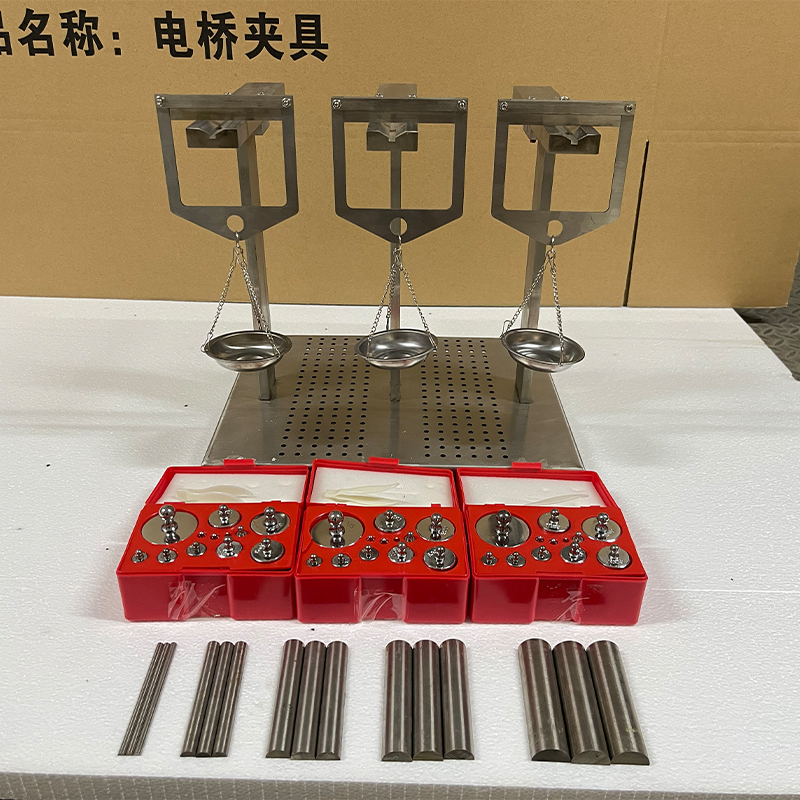Custom High Voltage Insulation Resistance Testing Solutions for Reliable Electrical Performance
Understanding Custom Electrical Insulation Resistance Testers
In the realm of electrical engineering and maintenance, ensuring the safety and efficiency of electrical systems is paramount. One critical aspect of this is measuring the insulation resistance of electrical components and systems. A custom electrical insulation resistance tester is an essential tool for professionals tasked with this responsibility. This article delves into the importance, functionalities, and advantages of using custom insulation resistance testers.
The Importance of Insulation Resistance Testing
Insulation resistance testing is a vital practice that helps prevent electrical failures and hazards. It is performed to evaluate the integrity of electrical insulation, which is crucial for protecting both equipment and personnel. Over time, insulation materials can degrade due to various factors including environmental conditions, aging, and mechanical stress. Poor insulation can lead to short circuits, electrical fires, and equipment damage, ultimately causing significant downtime and financial loss. Regular testing allows for early detection of insulation weaknesses and promotes proactive maintenance.
Customization in Testing Solutions
While standard insulation resistance testers are readily available in the market, custom testers provide tailored solutions that suit specific operational needs. Customization allows businesses to design testers with unique specifications for their industry, whether it be electronics manufacturing, power distribution, or renewable energy installations. These bespoke devices can include features such as adjustable voltage levels, specific resistance measurement ranges, and integrated data logging capabilities.
For instance, an electric utility company might require a tester that operates at higher voltage levels to assess the insulation of transformers and transmission lines. Conversely, a manufacturer of consumer electronics may need a tester optimized for lower voltage applications. By investing in custom solutions, companies can enhance their testing accuracy and efficiency.
Key Features of Custom Insulation Resistance Testers
1. Variable Test Voltages Custom testers often allow operators to select the test voltage, accommodating a wide range of insulation materials and applications. This feature is crucial for diagnosing insulation systems in different environments.
custom electrical insulation resistance tester

2. Data Logging and Analysis Many modern insulation resistance testers come equipped with digital interfaces that can log data over time. This feature enables users to analyze trends, track changes in insulation resistance, and schedule maintenance accordingly.
3. User-Friendly Interfaces Custom testers can be designed with intuitive user interfaces that simplify the operation process, allowing technicians of all skill levels to perform tests efficiently.
4. Portability Depending on the application, testers can be designed to be compact and portable, making them easy to transport to various test sites.
5. Durability and Environmental Protection Custom testers can be built to withstand harsh environmental conditions, such as extreme temperatures, humidity, or dust, which can be common in outdoor or industrial settings.
Advantages of Using Custom Insulation Resistance Testers
Utilizing a custom insulation resistance tester offers numerous advantages. First and foremost, it enhances the reliability and accuracy of test results, leading to informed maintenance decisions. Additionally, customized solutions can improve productivity by streamlining the testing process and reducing downtime. This is particularly beneficial for industries that rely heavily on electrical systems where any downtime can lead to substantial financial losses.
Moreover, custom testers can be integrated with other diagnostic tools or management systems, facilitating comprehensive electrical system assessments. This holistic approach enables organizations to adopt more effective asset management strategies and ensures compliance with industry standards.
Conclusion
In conclusion, custom electrical insulation resistance testers are indispensable tools in maintaining the safety and operational integrity of electrical systems. By tailoring these testers to meet specific needs, companies can achieve greater accuracy, efficiency, and reliability in their testing processes. As technology continues to evolve, investing in such custom solutions will undoubtedly contribute to enhanced safety and reduced risks in electrical applications.
-
Why the Conductor Resistance Constant Temperature Measurement Machine Redefines Precision
NewsJun.20,2025
-
Reliable Testing Starts Here: Why the High Insulation Resistance Measuring Instrument Is a Must-Have
NewsJun.20,2025
-
Flexible Cable Flexing Test Equipment: The Precision Standard for Cable Durability and Performance Testing
NewsJun.20,2025
-
Digital Measurement Projector: Precision Visualization for Modern Manufacturing
NewsJun.20,2025
-
Computer Control Electronic Tensile Tester: Precision and Power for the Modern Metal Industry
NewsJun.20,2025
-
Cable Spark Tester: Your Ultimate Insulation Assurance for Wire and Cable Testing
NewsJun.20,2025
 Copyright © 2025 Hebei Fangyuan Instrument & Equipment Co.,Ltd. All Rights Reserved. Sitemap | Privacy Policy
Copyright © 2025 Hebei Fangyuan Instrument & Equipment Co.,Ltd. All Rights Reserved. Sitemap | Privacy Policy
